Maintain universalization and improve the quality of education
Over the years, Ninh Binh has always been one of the leading localities in the country in the work of universalizing education and eliminating illiteracy. According to the Summary Report of the 2024-2025 school year, the targets and objectives of the Plan for building a learning society continue to be effectively implemented with 100% of district-level units meeting the level 2 literacy standards, with no more illiterate people in the age group; 612 units recognized as "Learning Unit"; 100% of district-level units implementing guidelines for evaluating the "learning community" model; 100% of agencies and units implementing guidelines for evaluating "Learning Citizens"; the performance of educational institutions and vocational training institutions has achieved the goals of the Plan by 2025.
In 2025, Ninh Binh will continue to inspect and evaluate universal education in line with local realities. Interdisciplinary inspection teams will conduct appraisals of records, compare data, and conduct direct surveys at the grassroots level. The results show that most localities have maintained universal standards at all levels of education, especially universal preschool education for 5-year-olds and level 2 illiteracy eradication.
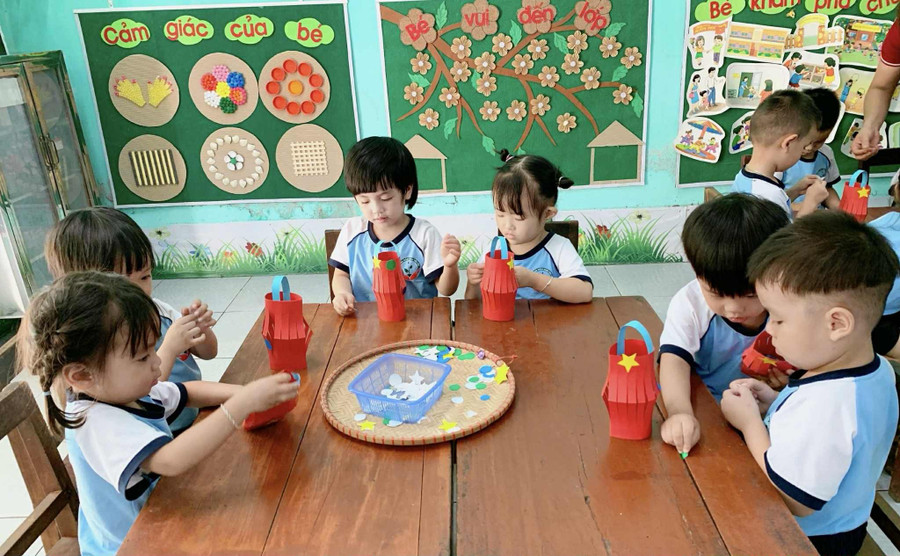
Currently, the whole province has more than 953,000 students studying at all levels, of which primary school has more than 333,000 students, secondary school has more than 260,000 students, high school has more than 120,000 students. The rate of mobilizing 5-year-old children to attend class is 99.92%, 100% of children study two sessions/day and complete the preschool education program. This is an important foundation to help Ninh Binh maintain the standard of universal preschool education, and at the same time gradually expand universal education to children 3-5 years old according to the roadmap of the Ministry of Education and Training .
At the same time, the continuing education system continues to be strengthened with 25 public centers and more than 400 community learning centers. This network not only maintains the level 2 literacy results but also creates lifelong learning opportunities for rural people, self-employed workers and the elderly, helping them improve their knowledge and skills to serve their lives.
From “literacy” to “learning to develop”
Expanding learning opportunities does not stop at literacy, but also aims at practical application in life. If in the past, illiteracy eradication only aimed at "knowing how to read and write", Ninh Binh has now shifted strongly to "knowing how to learn to do, to live better". Adult classes are flexibly designed, integrating practical content such as medical knowledge, household economic skills, basic digital skills and civic law. Many classes are held in the evening at village cultural houses or community learning centers, with the active participation of women's associations, farmers' associations and youth unions.
At community learning centers in the communes of Giao Thuy, Yen Mac, and Kim Son, the model of "livelihood-linked classrooms" helps people apply literacy knowledge in managing expenses, recording production, using smartphones, and performing online administrative procedures.
Ninh Binh also focuses on the inspection and assessment of actual quality. Working groups from the Department of Education and Training require transparent records, with specific evidence of learners, learning outcomes and the ability to maintain reading and writing skills. Many students, after completing the program, are also encouraged to participate in life skills classes, basic computer skills or short-term vocational training, expanding opportunities for self-employment and increasing income.
In the context of digital transformation, the province has gradually applied information technology in the work of eliminating illiteracy and popularizing. Learning materials have been digitized, and many communes have piloted online teaching combined with direct teaching for the elderly. However, Ninh Binh has determined that bringing technology to rural areas needs to be accompanied by teacher training and equipment support, avoiding the "digital gap" between groups of learners.
Efforts to apply technology and improve the quality of education are specified in the province's directives and plans. According to the Provincial People's Committee's 2025-2026 school year directive, the education sector is assigned the task of "consolidating and improving the quality of universal education at all levels and eliminating illiteracy at level 2; focusing resources on implementing universal preschool education for children aged 3-5; linking regular education activities with digital transformation and lifelong learning". The goal by 2030 is to have the literacy rate of people aged 15-60 reach over 99%, while perfecting the coordination mechanism between departments and branches to maintain effectiveness after universalization.
The propaganda and socialization of education have been promoted. The models of “learning families”, “learning clans”, and “learning communities” have spread throughout the communes, associated with the movement “All people unite to build a cultural life”. The Provincial Association for the Promotion of Education plays a core role, supporting documents, scholarships and equipment for learners in difficult circumstances, arousing the spirit of self-study and community responsibility.
With the orientation of “from literacy to lifelong learning”, Ninh Binh is turning writing into a tool to help people improve their quality of life, develop human resources and build a learning society. Maintaining achievements and raising the level of universalization — that is not only the task of the education sector but also the commitment of the whole province on the path of sustainable, civilized and knowledgeable development.
Source: https://giaoducthoidai.vn/ninh-binh-nang-chuan-pho-cap-mo-rong-co-hoi-hoc-tap-post752255.html


![[Photo] Discover unique experiences at the first World Cultural Festival](https://vphoto.vietnam.vn/thumb/1200x675/vietnam/resource/IMAGE/2025/10/11/1760198064937_le-hoi-van-hoa-4199-3623-jpg.webp)







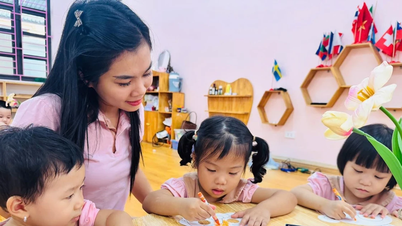




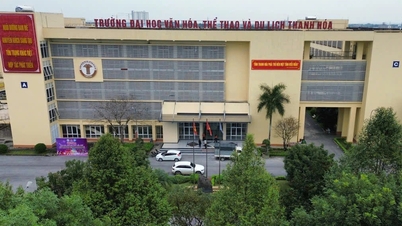



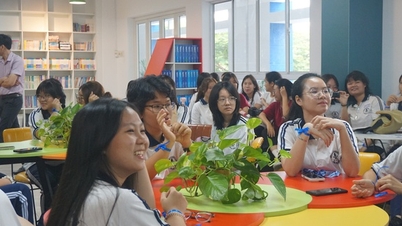
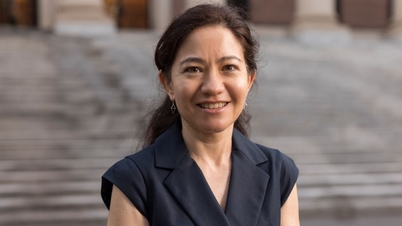

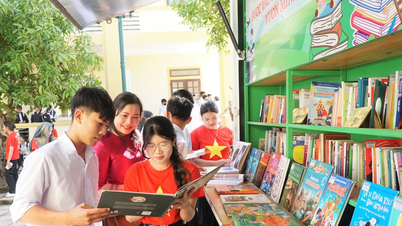
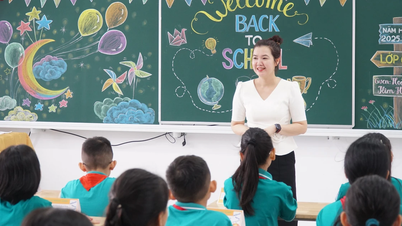




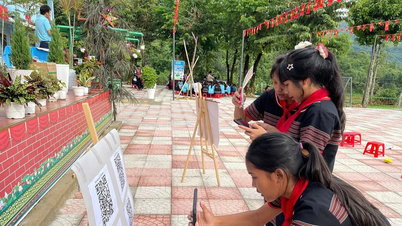
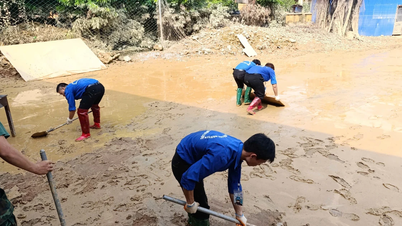



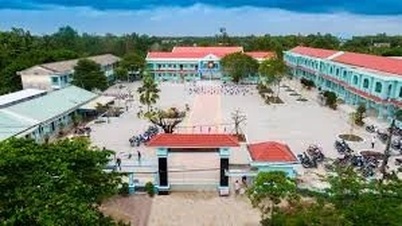
![[Photo] General Secretary attends the parade to celebrate the 80th anniversary of the founding of the Korean Workers' Party](https://vphoto.vietnam.vn/thumb/1200x675/vietnam/resource/IMAGE/2025/10/11/1760150039564_vna-potal-tong-bi-thu-du-le-duyet-binh-ky-niem-80-nam-thanh-lap-dang-lao-dong-trieu-tien-8331994-jpg.webp)

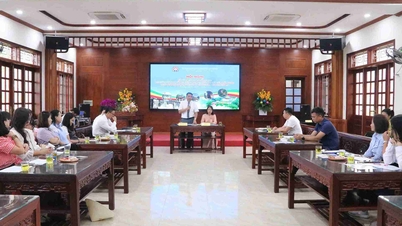



















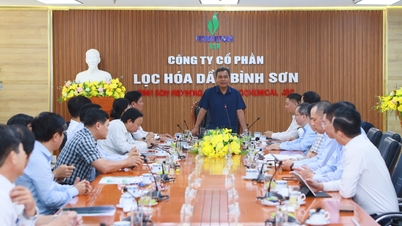








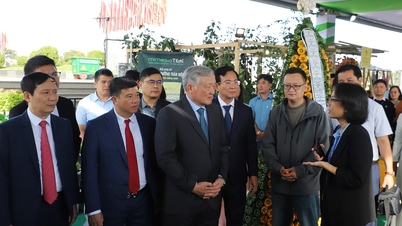
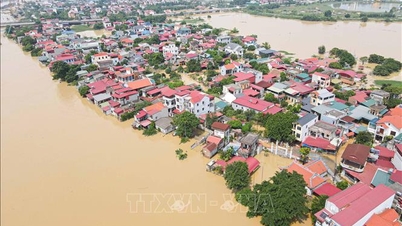
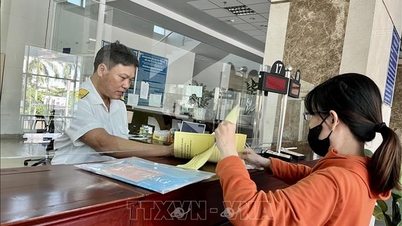
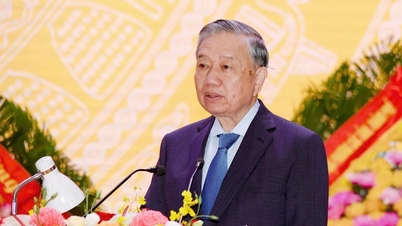

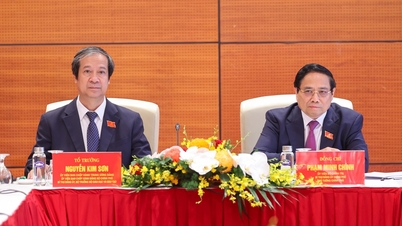




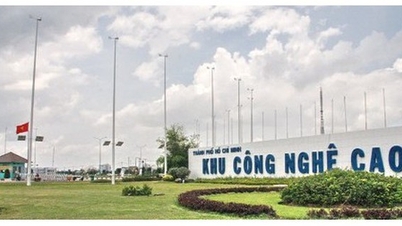
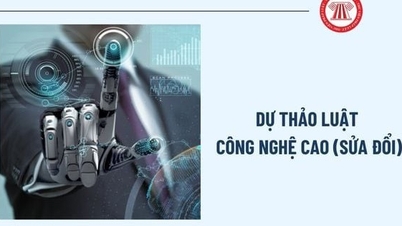



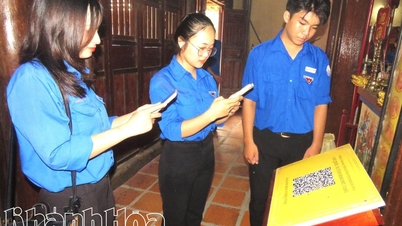







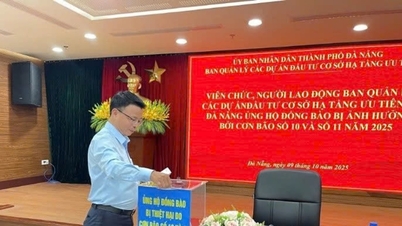
















Comment (0)